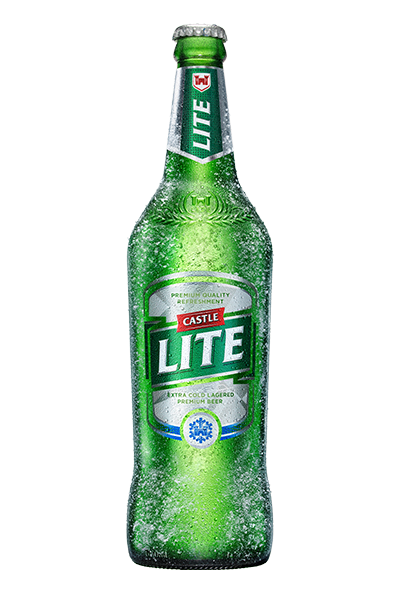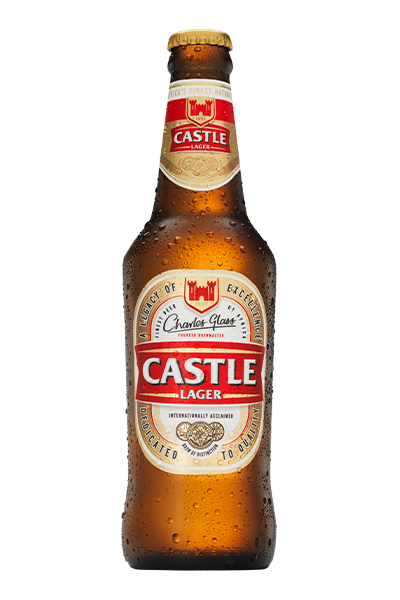Taxing Ourselves Into a Public Health Crisis
Taxing Ourselves Into a Public Health Crisis
By Myriam Sidibe & Dr Christopher Kalila, Co-Chairs – Coalition Against Illicit Alcohol

Myriam Sidibe, Co-Chair – Coalition Against Illicit Alcohol
LUSAKA, ZAMBIA – Earlier this month, the Zambian government presented the first reading of the Excise Duty (Amendment) Bill, 2024, proposing steep increases in excise taxes on alcohol. The proposed measures include replacing the current 40% suspension on clear beer with a 50% duty, while increasing excise on spirits and wines from 60% to 80%. These changes are meant to help finance Zambia’s K33.6 billion supplementary budget and reduce external borrowing.
But policy doesn’t exist in a vacuum—it lives in people’s homes, kiosks, backroom distilleries, and the informal stalls across Zambia’s most vulnerable communities. And there, this proposed tax policy could unintentionally push us into a full-blown public health crisis.
Zambia already faces a dangerous surge in illicit alcohol consumption. Raising taxes without first strengthening enforcement, regulation, and public education doesn’t curb demand—it shifts it. In this case, to more affordable, toxic, and unregulated spirits like Junta and Tujilijili, sold for as little as fifteen kwacha, often laced with methanol and devoid of any safety checks, age restrictions, or taxation.
This is not theoretical. Research conducted in 2024 by our coalition shows that over 60% of adolescents in Zambia had consumed alcohol before age 17, and nearly a third reported drinking daily. Most of this consumption was of illicit alcohol, driven not by preference but by affordability and availability.
If excise taxes price safer, regulated beverages out of reach, the market simply pivots to unregulated sources. This is where the Laffer Curve becomes relevant: increasing tax rates does not always result in increased tax revenue. Beyond a certain point, higher taxes lead to lower collections as consumers and businesses shift to untaxed or illegal alternatives.
In Zambia’s case, we may already be past that threshold. According to ZRA data from previous fiscal years, revenue from excise duty on clear beer has shown minimal growth despite periodic rate increases—while seizures of illicit alcohol have spiked. That’s a clear indicator of substitution happening in real time. If the new rates are implemented without safeguards, we risk collecting less revenue, not more— all while endangering public health and undermining the very objective of the budget. A 2022 global review by the National Institute on Alcohol Abuse and Alcoholism (NIAAA) and the European Commission’s CHAFEA found that excise increases only reduce alcohol harm when combined with access to affordable, safer alternatives, public education, and strong enforcement. Absent these pillars, such policies often backfire, leading to increased harm and decreased tax compliance. The International Alliance for Responsible Drinking (IARD) echoed these findings in 2023, warning that poorly designed tax regimes destabilize legal markets while entrenching illegal ones.
Zambia is particularly vulnerable. Legal, affordable alcohol options are already limited, especially in rural and peri-urban areas. Enforcement remains weak. Community-level education programs are still nascent. If the proposed tax hike is implemented without parallel investments in mitigation, we risk deepening an already serious illicit alcohol crisis.

Dr Christopher Kalila, Co-Chair – Coalition Against Illicit Alcohol
We have already seen what coordinated, targeted interventions can achieve. Earlier this year, the Coalition Against Illicit Alcohol (CAIA) launched Rise Above Junta, a multi-channel campaign that reached over 7 million Zambians in just five weeks. It included TV and radio ads, murals, an art installation known as the Junta Trap, and extensive community engagement. Post-campaign surveys revealed that nearly 70% of those reached were considering reducing their illicit alcohol consumption—and over a third said they might stop altogether.
This wasn’t just a campaign—it was a movement. Alongside the media work, we hosted parliamentary briefings, trained journalists on ethical alcohol reporting, and partnered with church leaders and youth networks to establish Community Action Groups in high-risk areas.
If Zambia hopes to reduce the harm from alcohol, it must strengthen—not strain—such efforts. That includes working with legitimate alcohol producers, many of whom already face tight margins, limited marketing freedom, and rising input costs. Increasing excise duties without a tiered approach or support for affordable, regulated products risks collapsing the lower-priced segment of the legal market—essentially handing more power to informal and unregulated producers.
We’ve seen responsible private-sector players invest in public education, support regulatory compliance, and work alongside government to address illicit trade. These actors should be treated as partners, not opponents. Pushing them out of the market through sudden, steep taxation weakens enforcement, reduces employment, and shrinks the legal tax base.
The solution is not to abandon the goal of domestic resource mobilisation—but to pursue it wisely.
We are calling on the government to take three urgent steps:
• Establish a Public Health Mitigation Fund, financed by a portion of the increased excise revenues.
• Sustain and scale the coalition approach that is already showing results.
• Protect the affordable legal segment through tiered tax policies.
This debate is not just about revenue. It’s about lives. Let’s not borrow from our people’s health to balance the books. Let Zambia choose a smarter, safer path forward.






